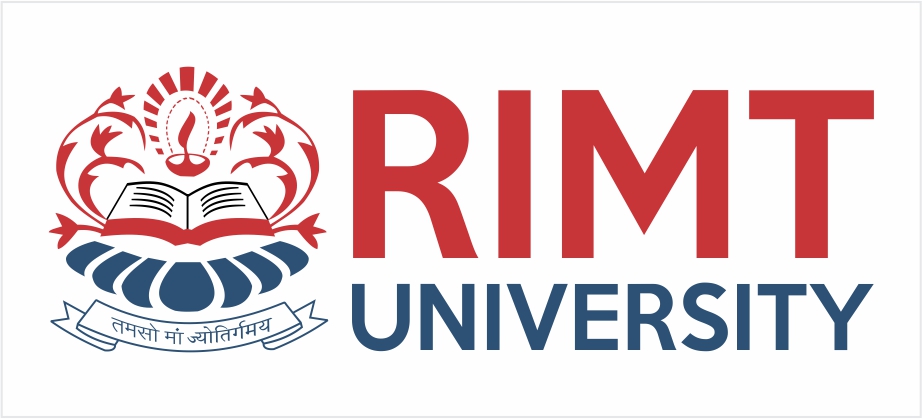About Programme
The B.A., LL.B. (Integrated) programme has been designed in accordance with the changing nature of socioeconomic conditions of the society. This is based on new developments in the wake of liberalization and globalization, which has led to the expansion of market-forces and the new kind of demand has come on the fore. Multidisciplinary integrated learning is truly the hallmark of this course.
Eligibility & Admission
Passed 10+2 in any stream with 45% aggregate marks for General Category, 42% for OBC & 40% for SC/ST.
| PROGRAM FEE | AMOUNT |
|---|---|
| Application Fee (One Time) | 1,000/-INR |
| Registration Fee (One Time) | 15,000/-INR |
| Security (One Time – Refundable) | 8,000/-INR |
| Semester Fee | 85,000/-INR |
Scholarship
| Marks in Graduation | Scholarship Per Semester | Applicable Fee After Scholarship Per Semester |
| 60% – 75% | 10% | 76,500/-INR |
| More than 75% – 90% | 20% | 68,000/-INR |
| More than 90% – 100% | 30% | 59,500/-INR |
| Disability Level | Scholarship Per Semester | Applicable Fee After Scholarship Per Semester |
| 90% & Above 90% | 30% | 59,500/-INR |
| 75% & Below 90% | 20% | 68,000/-INR |
| 50% & Below 75% | 10% | 76,500/-INR |
| Category | Scholarship Per Semester | Applicable Fee After Scholarship Per Semester |
| Wards of Param Veer Chakra | 30% | 59,500/-INR |
| Winners of Maha Veer Chakra | 20% | 68,000/-INR |
| Winners of Veer Chakra | 10% | 76,500/-INR |
| Work Tenure | Scholarship Per Semester | Applicable Fee After Scholarship Per Semester |
| More than 5 years continuous service | 30% | 59,500/-INR |
| 1 Year – 5 Years continuous Service | 20% | 68,000/-INR |
| Category | Scholarship Per Semester | Applicable Fee After Scholarship Per Semester |
| Single girl child | 20% | 68,000/-INR |
| Category | Scholarship Per Semester | Applicable Fee After Scholarship Per Semester |
| Parentless | 30% | 59,500/-INR |
| Either fatherless or motherless provided the annual family income is less than 2.5 lakh | 20% | 68,000/-INR |
Learning Outcomes
Students will possess knowledge and understanding of substantive and procedural law.
Demonstrate professionalism consistent with the legal profession’s values and standards.
Demonstrate communication skills, including oral advocacy.
Demonstrate familiarity with the rules of professional ethics.
Demonstrate a personal commitment to the advancement of justice.
Programme Education Objectives (PEOs)
- PEO1 To acquire and apply legal knowledge to the complex Socio-legal problems.
- PEO2 To possess professional skills required for legal practice such as argument, Pleading , drafting and conveyancing etc.
- PEO3 To make awareness about Constitutional legislative and societal transformation and to develop clinical abilities.
- PEO4 Every graduate will become skilled in legal research , written and oral communication , team-work and problem solving.
Programme Outcomes (POs)
- PO1 Development of thoughts, visions and ideas: To develop thoughts, ideas, visions for theoretical and practical application in the lives of students in relation to disciplines relating to historical perspectives of society, polity, law and economics, languages etc.
- PO2 Professional Practice: To make students eligible to practice in courts, industries, companies as legal practitioner in relation to economic and prevailing legal issues of the society.
- PO3 Critical, analytical and professional Skills: To possess professional skills required for legal practice such as argument, pleading, drafting, conveyance, etc in relation to deal with socio- economic problems in present times.
- PO4 Professional Ethics: To understand and apply principles of professional ethics of legal profession in order to deal sensitively with present socio- economic issues of the society at large and to know about the legal history, present social conditions and polity of sovereignty, state etc.
- PO5 Language research &reasoning: To develop legal research skills, legal reasoning and apply it during programme & in legal practice.
- PO6 Self-reflection & lifelong learning: To develop an attitude of self-reflection while learning & recognize the need for and have the preparation and ability to engage in independent and life-long learning in the broadest context of changing legal contexts.
- PO7 Self-employability: To provide a platform of self-employability by developing professional skills in legal industry.
- PO8 Leadership skills: To develop leadership qualities amongst students.
- PO9 Lifelong Learning: To make awareness about constitutional, legislative and social transformation in society and to develop clinical abilities.
- PO10 Layering skills: Every graduate will become skilled in legal research, written and oral communication, teamwork, advocacy and problem-solving.
- PO11 Interpretation and Legal Reasoning: To encourage and enlighten the students towards development of legal reasoning and interpretation of statutory provisions, maxims etc.
Programme Specific Outcomes (PSOs)
- PSO1 Should be able to demonstrate understanding of substantive and procedural law sufficient to enter the legal profession and professions in which legal knowledge is an advantage.
- PSO2 Should possess the skills to communicate in both oral and written forms and ability to formulate legal problems and using appropriate concepts and methods to solve them.
Career Prospects
Young lawyers these days enjoy an unprecedented range of options. While the most popular options after graduation remain law firms or corporate in-house legal departments, private-sector litigation is emerging as an option of choice. In addition, LPOs have shed the stigma they once bore; today, they provide excellent opportunities with global exposure to law graduates. The Bar Council of India regulates legal education in India. But a Law degree alone is not enough to become a practicing lawyer. After completing Law School, one must pass the All India Bar Exam (AIBE). Eligible persons are admitted as advocates on the rolls of the State Bar Councils. Those admitted as advocates by any State Bar Council are eligible for a Certificate of Enrollment.
Specialization
Criminal Law
Labour Law
Constitution Law
Programme Curriculum
Recognition
- Bar Council of India (BCI)
